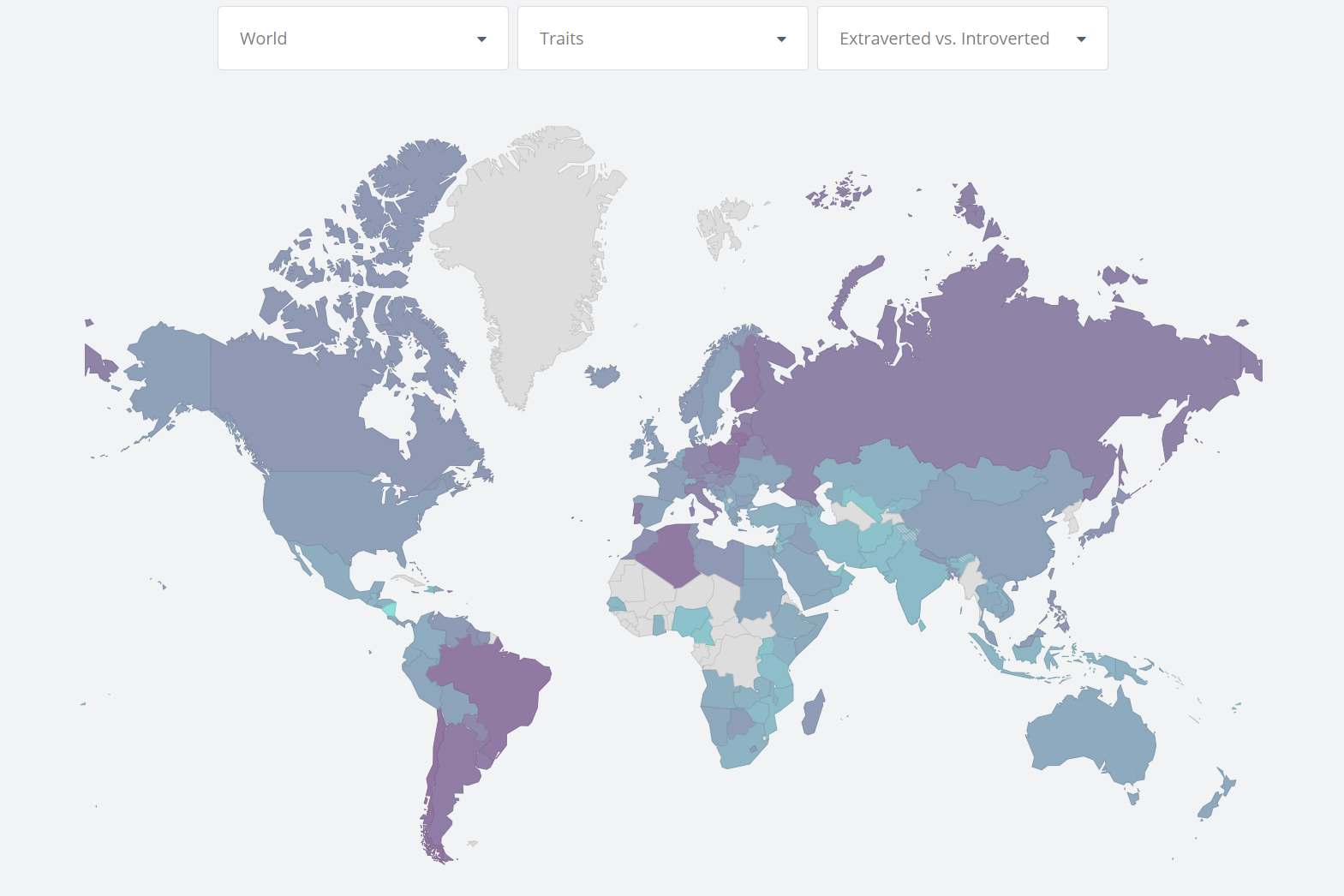Personality Types: Given or Chosen?

Since the ancient times, we were interested in categorising people into categories based on their personality types. Hippocrates distinguished between the four fundamental personality types of sanguine, choleric, melancholic and phlegmatic. More modern approaches identified different categories, such as Popular Sanguine, Perfect Melancholy, Powerful Choleric and Peaceful Plegmatic from the popular book Personality Plus.
Generally I think there is an inherent danger in categorising people since this may lead us to be biased towards others. For instance if someone exhibits some of the characteristics of a choleric we may falsely assume that they will share all the characteristics of cholerics.
I tend to agree that there are certain pattern of personality and behaviour that emerge from looking at larger populations. For instance, there is the popular Myers–Briggs Type Indicator shows that people from different cultures usually have similar viewpoints along a number of dimensions. I just think it is more often than not better not to put individual people into buckets since each one of us is too unique to fit neatly into any category.

Still I believe thinking about temperaments or personality types has some advantages and one of them is that they encourage self-reflection; they may help us to be more mindful about our own strengths and weaknesses.
Not so helpful in this regard is that these temperaments and personality types are often portrayed as something which is given to us, rather than something we choose. Indeed, this has been identified by Myers-Briggs as one of the main advantages of their classification and test; that we may feel liberated once we have discovered that it is 'normal' to be the way we are, since we neatly fit into a personality category. So if you are a choleric, identify the constraints and enablers this places on your life and accommodate for these as good as you can.
I think that is a dangerous way of thinking. If anything, humans are adaptable. We often underestimate the rate of change we undergo during our lifetimes and are subsequently prone to underestimate the change we can achieve. Thus I believe we should focus on the type of person we want to be rather than the type of person we were made to be.
It is good to think about some of the tendencies that are present within us currently but also to think about the type of person we aim to be. In the following I list some temperaments we may find within us as well as personas we may wish to adopt:
Temperaments
- Relaxed
- Hard Working
- Creative
- Energetic
- Outgoing
- Smart
- Introverted
- Strong
- Confident
- Cautious
- Loyal
- Honest
- Calm
- Patient
- Angry
- Ambitious
- Brave
A temperament is something we express naturally, without even trying. A temperament might be rooted in our genes but also in our experiences and habits in our life so far. Just because we express a temperament naturally does not mean that we are born with it. We are not born with the ability to ride a bicycle - but if ride one often enough, it will come naturally to us.
Personas
- Leader
- Parent
- Follower
- Scientist
- Artist
- Politician
- Monk
- Teacher
- Healer
- Manager
- Student
- Innovator
- Engineer
- Friend
- Explorer
- Writer
- Worker
- Cook
- Athlete
- Soldier
Personas are roles we play in our lives. We sometimes think of 'playing a role' as being inauthentic to ourselves but we must keep in mind that we are naturally playing roles throughout our lives. There is ample evidence that people behave differently depending on the persons they are with. Also we behave differently if we are given a role, such as manager, teacher or policeman.
Personas are not about being fake and inauthentic but instead about becoming mindful that we do play roles in our lives and making which roles we play into a conscious rather than an unconscious decision. They can be a useful blueprint for us how we may choose to live our lives and provide us with specific goals to strive for.
We do not have to choose one persona for ourselves. We can adopt multiple ones. Furthermore we can change the personas we have adopted if we like.
It seems obvious that certain temperaments align with certain personas. However which temperaments you observe for yourself should not limit which personas you may wish to adopt. After all, temperaments can be changed. But there is also nothing wrong with choosing personas which align with your temperaments.
I think it is interesting to consider which temperaments we wish we would have and which personas we could identify with given the different situations we find ourselves in. For me this is a much more fruitful endeavour than to unearth which personality types we belong to and try to organise our lives around them. I hope that in the future I will find some time to write about individual temperaments and personas and which habits and approaches may help us in adopting them. If I do so, I will link the follow up articles in this one.
Picture credits: lisa runnels from Pixabay




